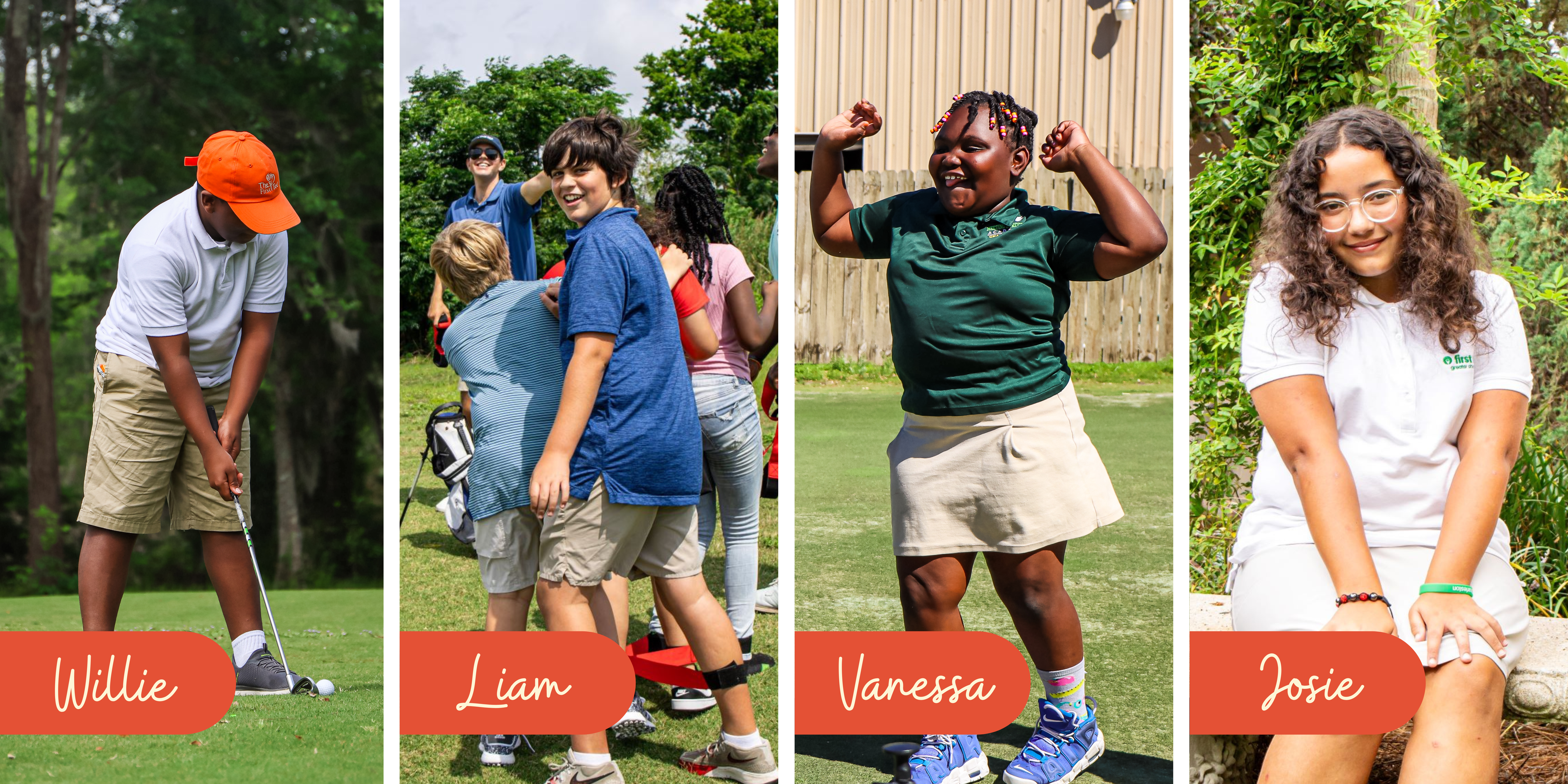Having someone that you can look up to and go to for support is one the most important things a kid can have. Mentors give youth (and even adults) the confidence they need to confront challenges and come up with their own solutions. They provide a safe place for kids and teens to be themselves and have fun, while also learning valuable life skills.
A great mentor has many traits— they can be a role model, cheerleader, policy enforcer, advocate, and friend to the students they work with. First Tee mentors have a sincere desire to be involved with their students, and treat them with respect. They practice active listening skills and empathy, while also seeking solutions and opportunities for those they work with.
We celebrate each of our coaches, and recognize them for the unique role they play in young lives. In fact, research shows that First Tee participants think of their coaches as more than just teachers and counselors, but real mentors who have made a positive difference in their lives.
Here are four ways a mentor impacts their mentees that were inspired and created by what our junior golfers have to say about their coaches:
1. Mentors show that you can never stop learning
They are always growing and showcasing that to their mentees who can feel inspired by how they adapt to life’s challenges.
“I constantly heard that sport emulates life, and life emulates sports. I didn’t understand this concept until I started the First Tee program. Through this sport, I learned accountability and responsibility for my actions and how to respond to adversity. These lessons have affected my thinking about the impact I have on those around me and how important it is for me to strive to be my best self.” – Quincy Crawford, participant, 2021 Scholar
2. Mentors help inspire students to be game-changers
Not just for themselves, but in their everyday lives and especially with their peers.
“Having an amazing mentor through the First Tee who I have developed a strong relationship with has inspired me to help others find mentors that can help them through their education and career.” – Remi Shendell, participant, First Tee Scholar
3. Mentors teach the importance of active listening
Not only do they offer support, but they show how valuable it can be to listen to someone in both good and bad times.
“Coach Mary Beth McGirr has been a major influence in my life, helping me with golf and with learning critical life skills that will aid me throughout my life. She took me under her wing and has been a shining example for me to follow. Additionally, as a woman, she has been an amazing mentor and example of a strong, confident female for me to look up to and admire. Coach Mary Beth has been one of my biggest fans and encourages me to do my best. She takes time to talk about my golf, life, family and personal struggles. She has been an excellent example of a strong leader and businesswoman who consistently gives back to the game and the community.” – Alyssa Caraballo, The First Tee of Roanoke Valley
4. Mentors guide students to lead by example
It’s easy to tell someone what to do, but more impactful to give students the tools and examples they need to come to their own solutions.
“Coach Donnie Caldwell, PGA has given me great advice with my golf but more importantly, in my life. He has told me ‘make choices today that you’ll be proud of tomorrow.’ I used to just make choices that seemed the easiest or most convenient. But now I take time to think about those big decisions and how my choices may also affect others. Without him and his advice, I don’t know where I would be with my life, and that’s scary. He has made me a better person and he has shown me how to make the most of my life.” – Braxton Caldwell, First Tee of Pine Mountain
As you can see, the impact of a great mentor is one of our strongest tools in life. Our mentors work to guarantee students that there is someone who cares about them and who will assure them they are not alone in dealing with challenges. Offered at more than 1,200 locations, our program was developed by experts in the field of positive youth development and is delivered by trained coaches, or as our participants say— mentors!
Check with your local chapter about how you can become a mentor to a junior golfer in your community.
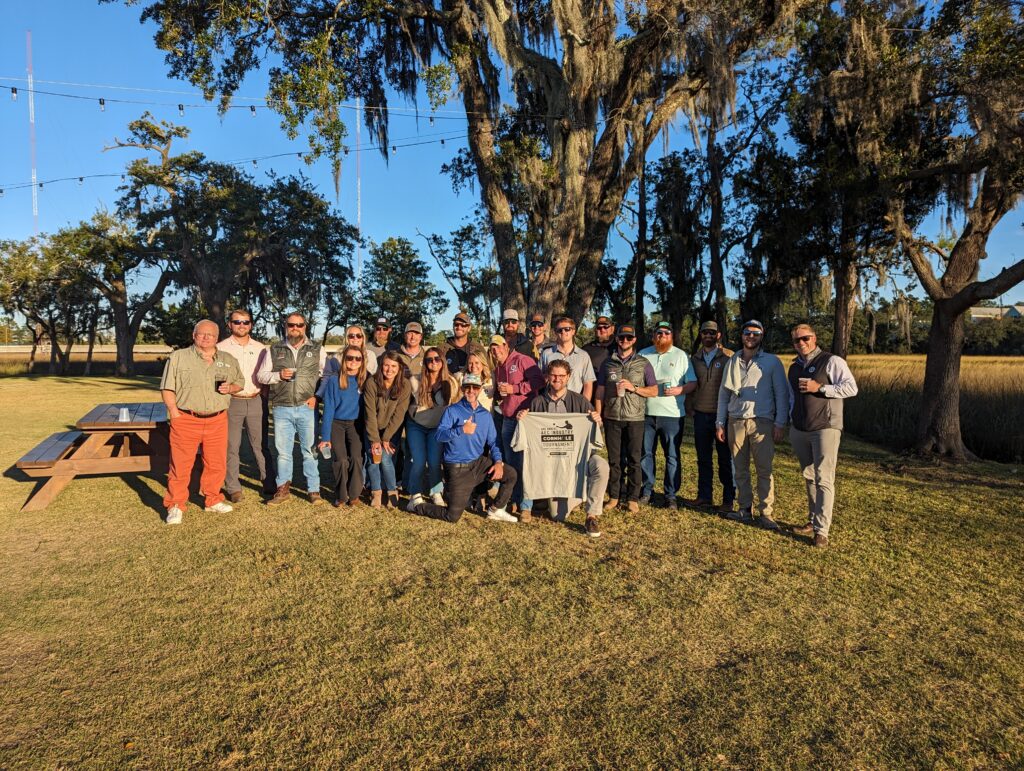
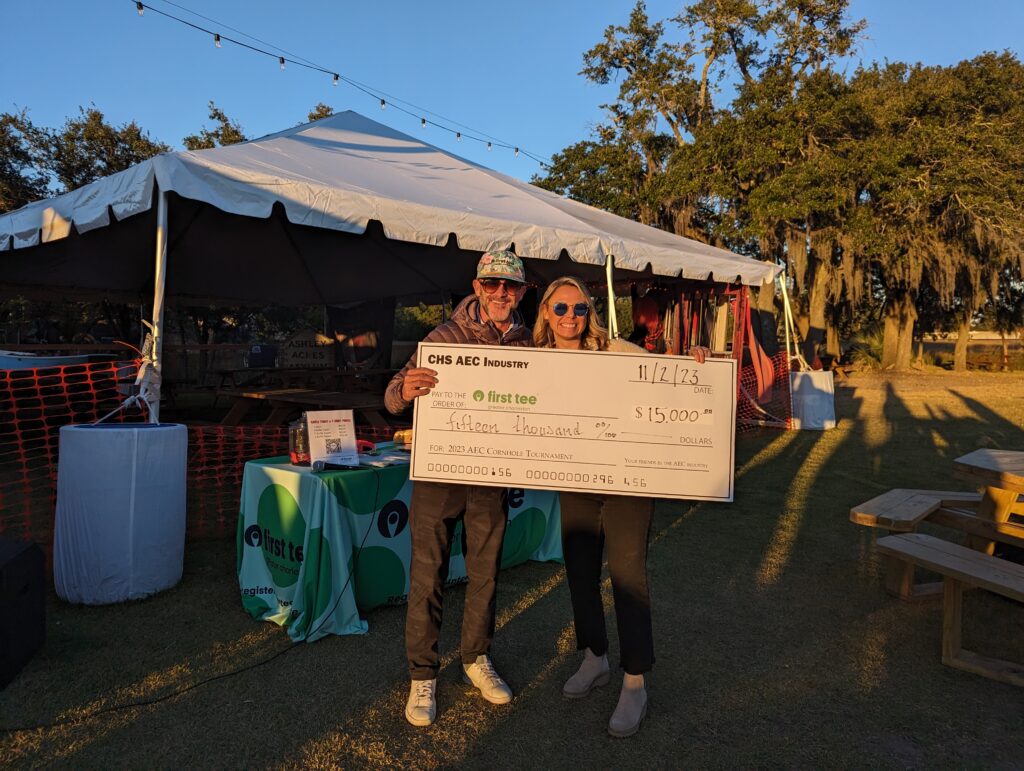
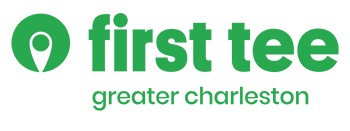
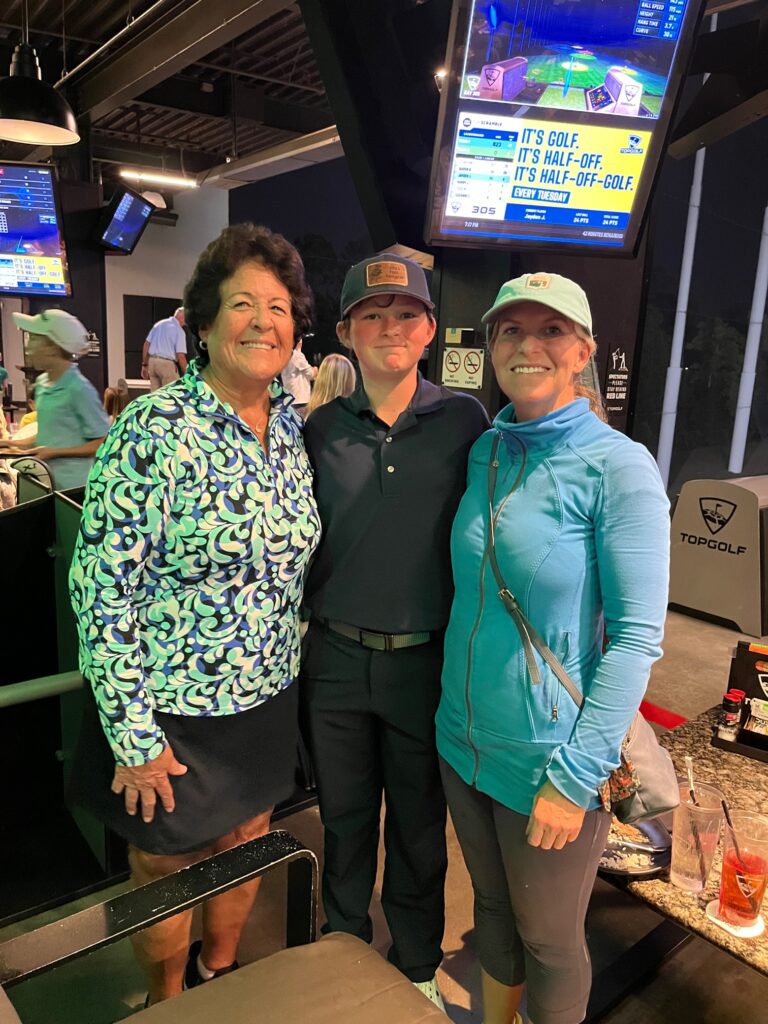
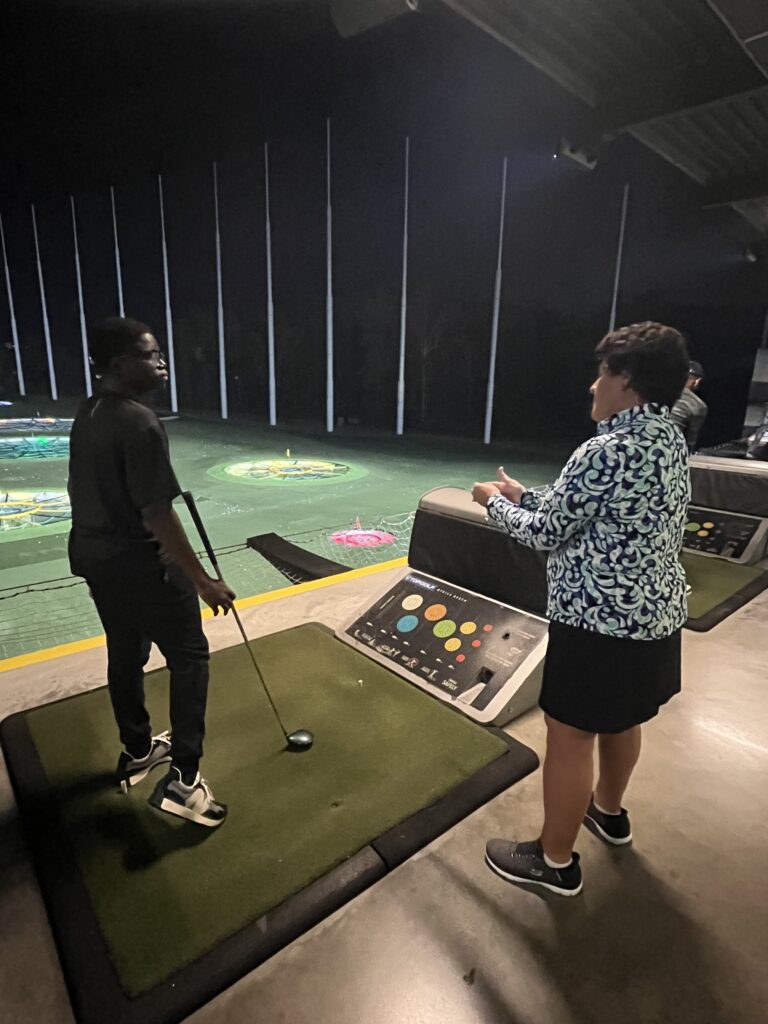
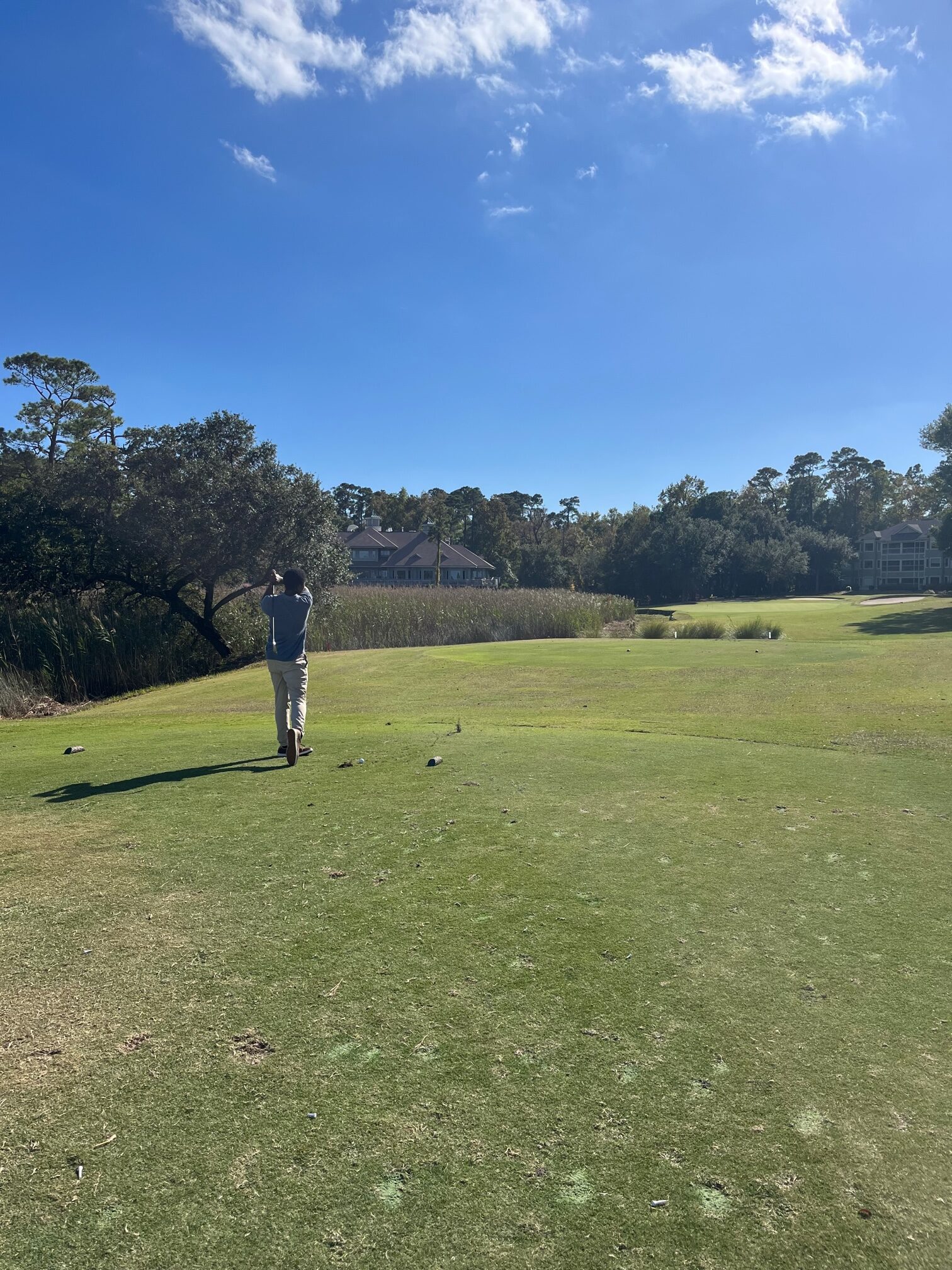
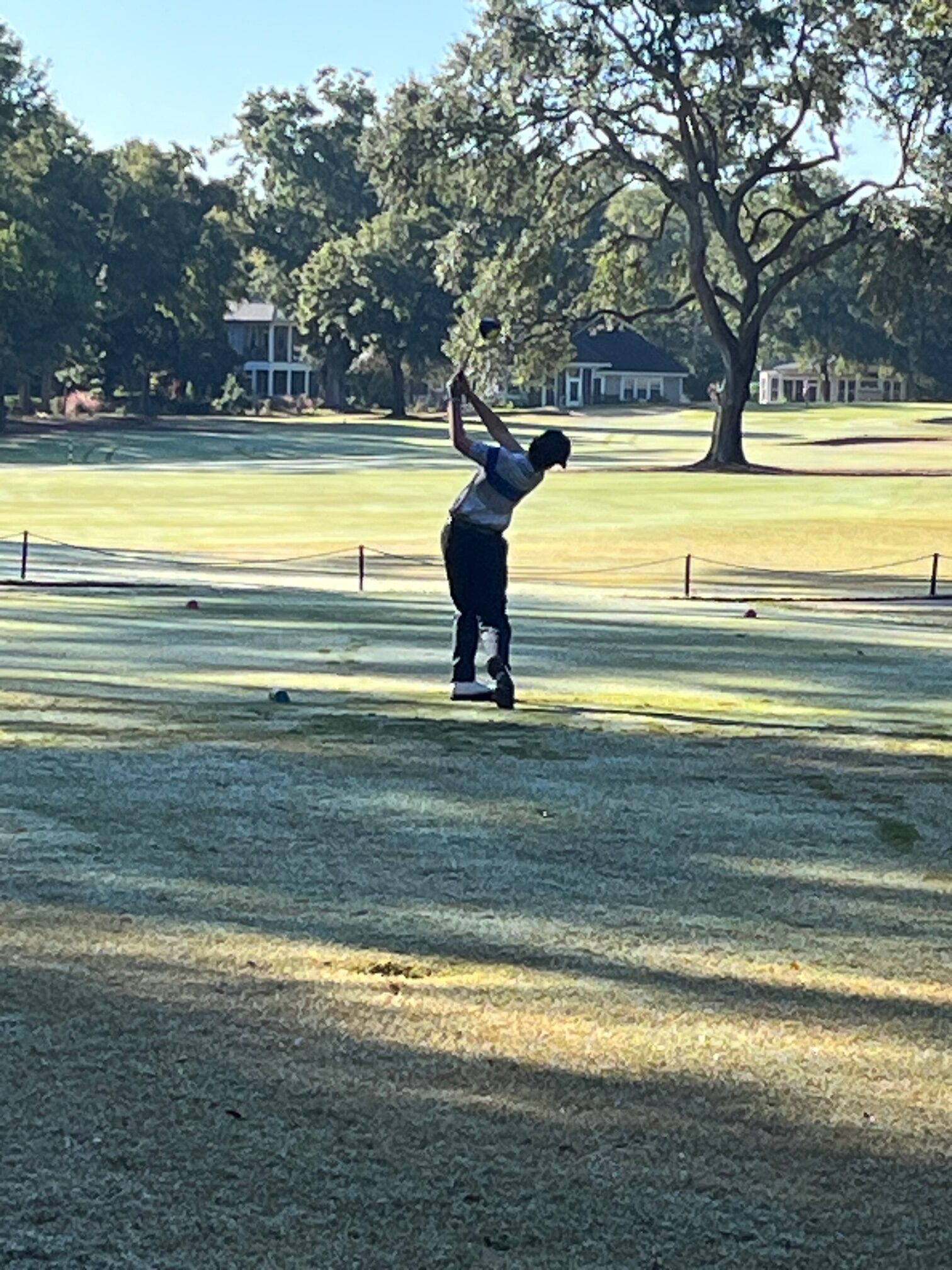
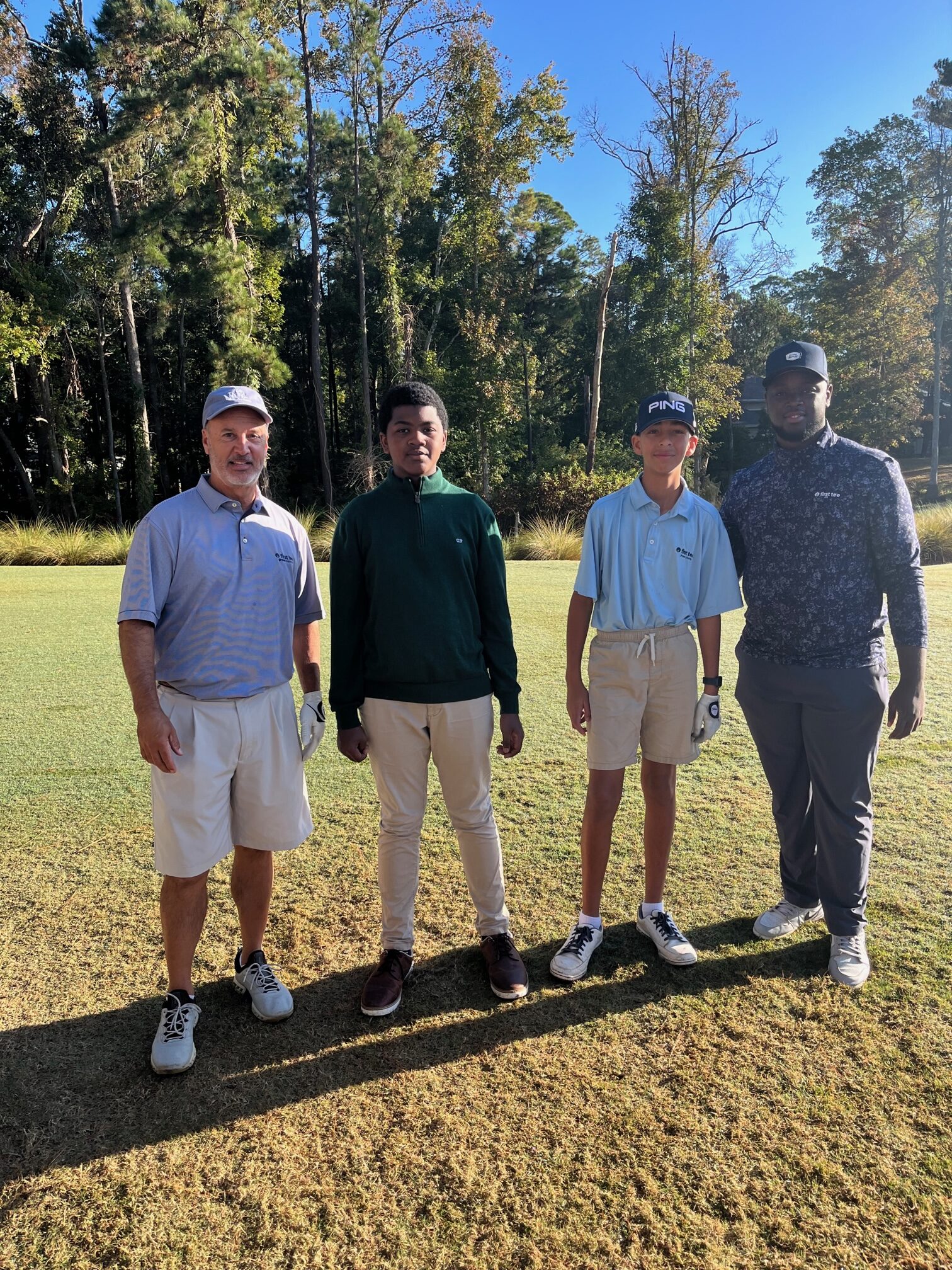
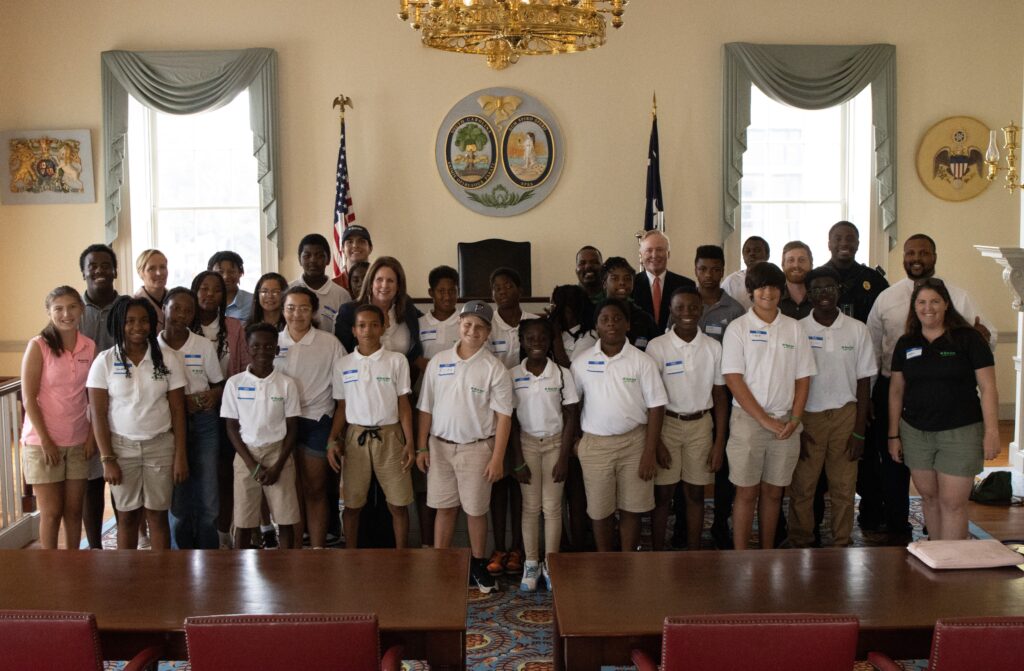
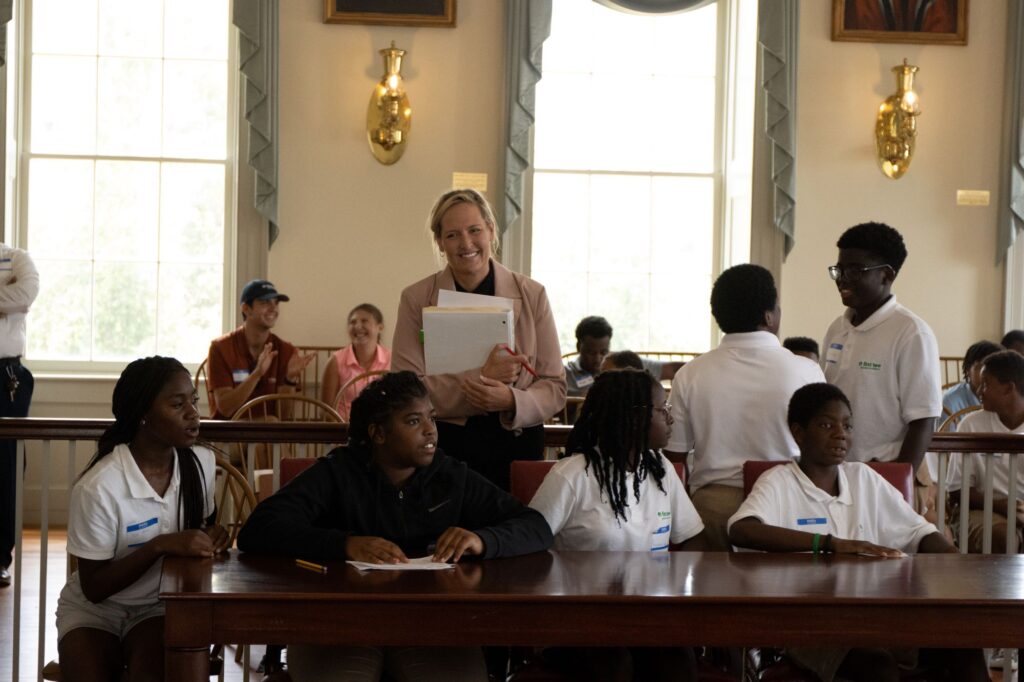
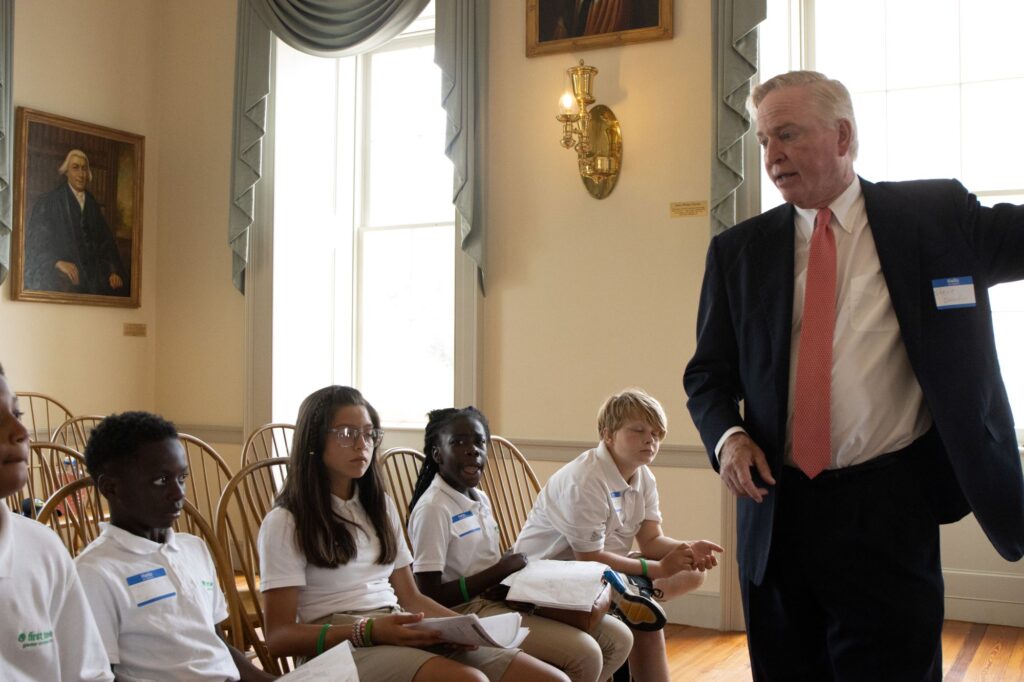
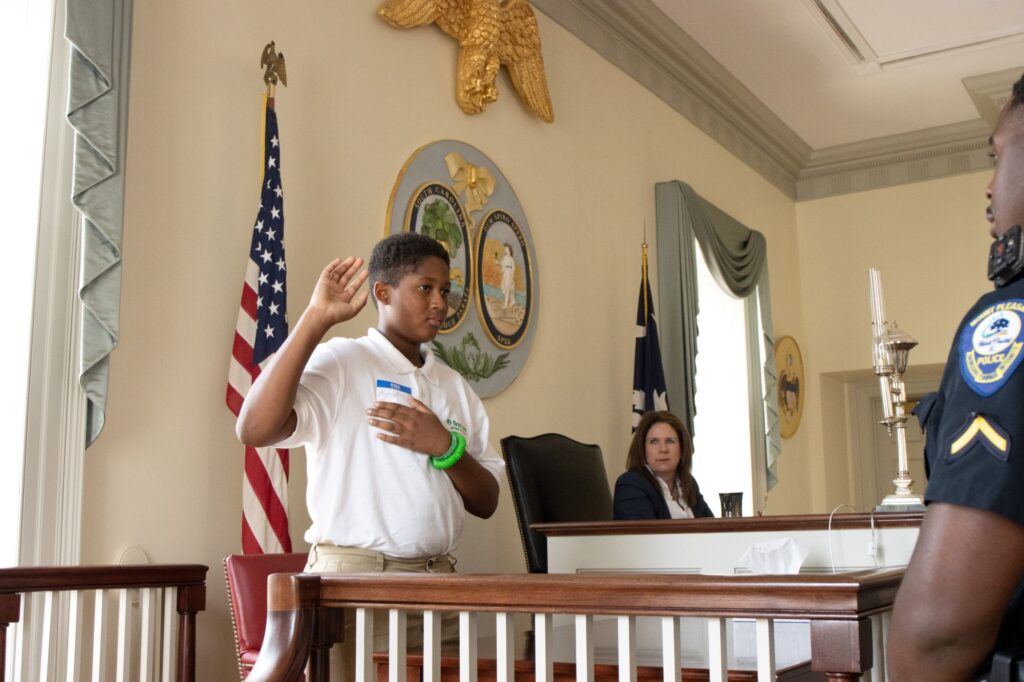
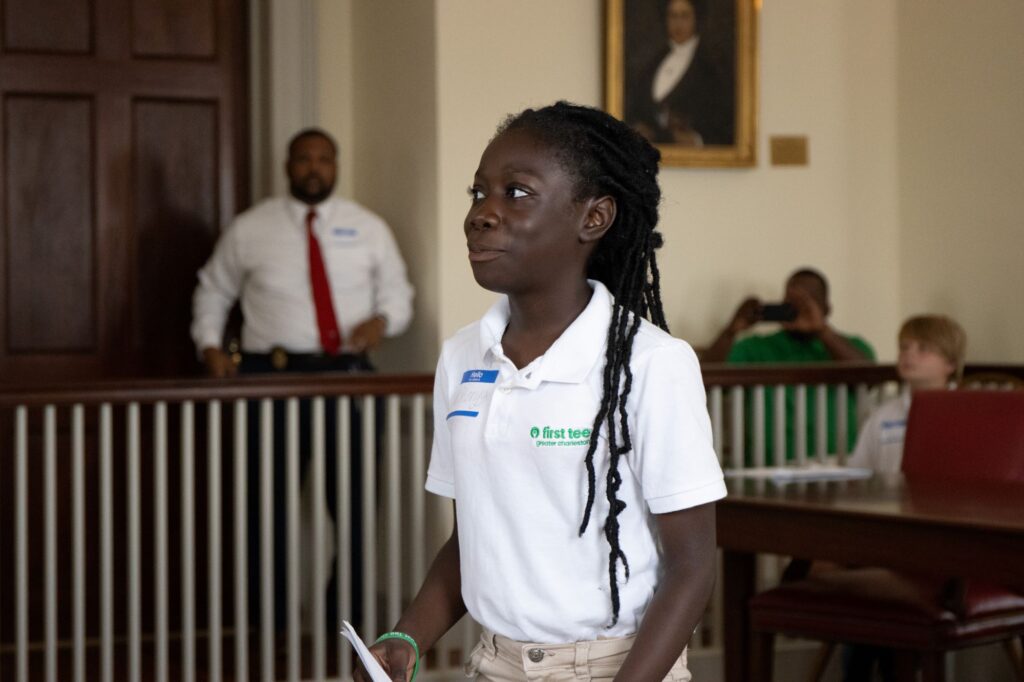
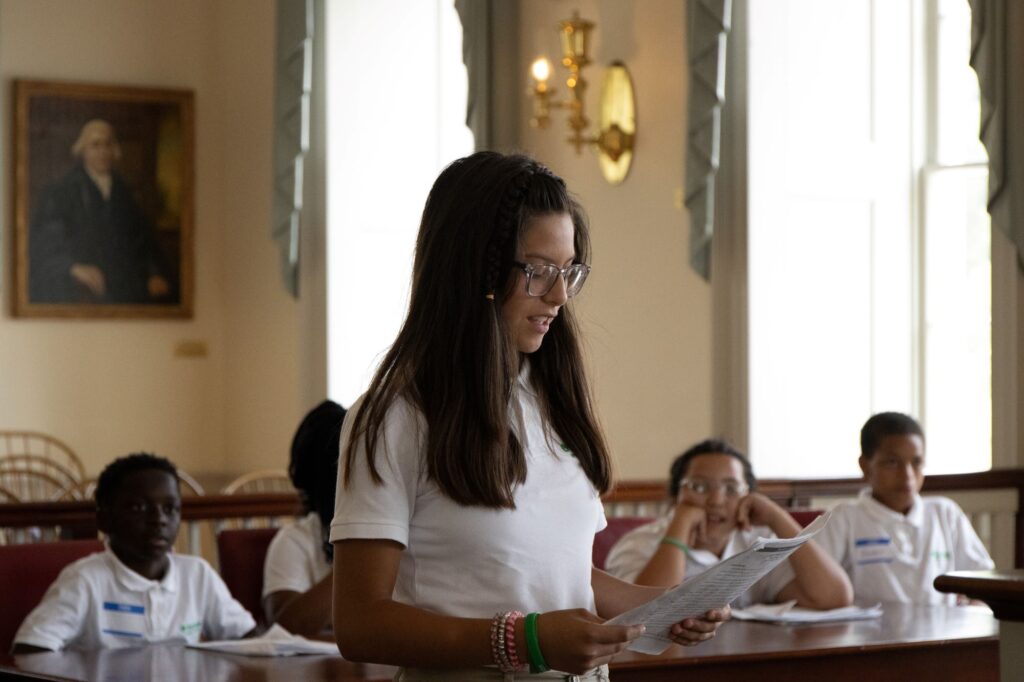
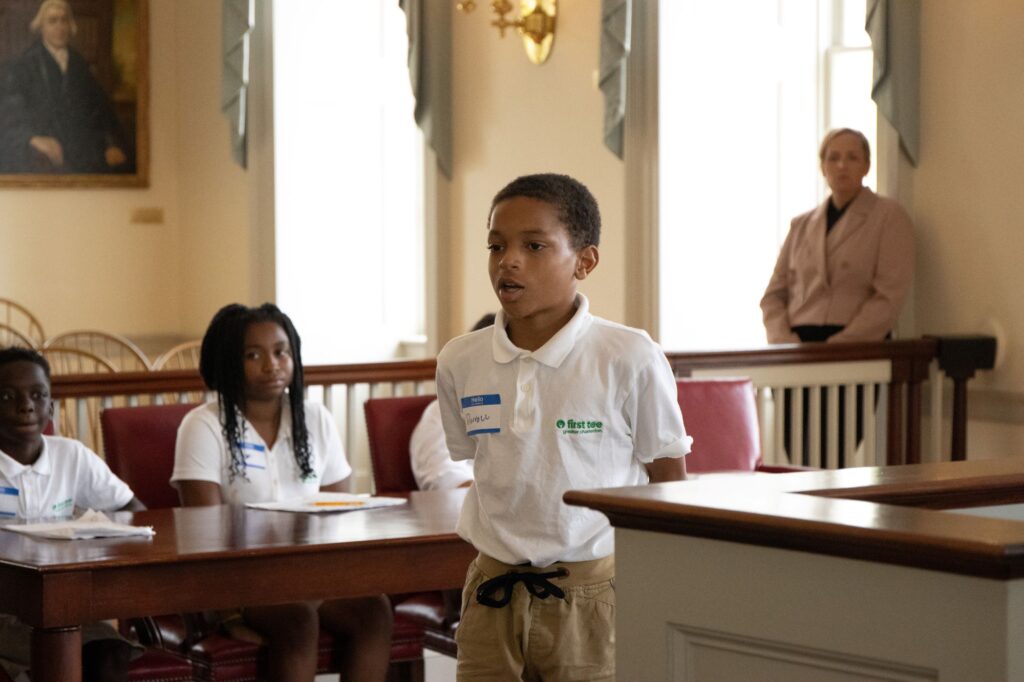
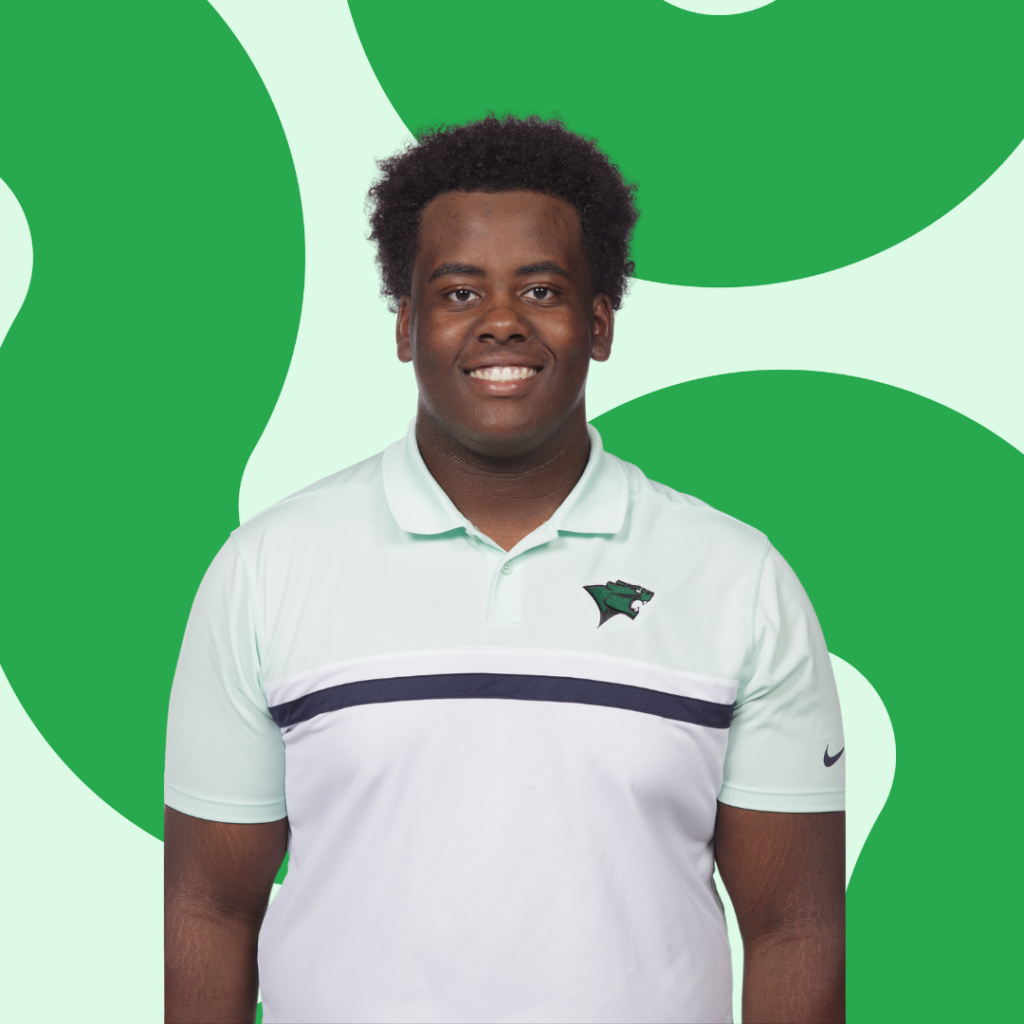
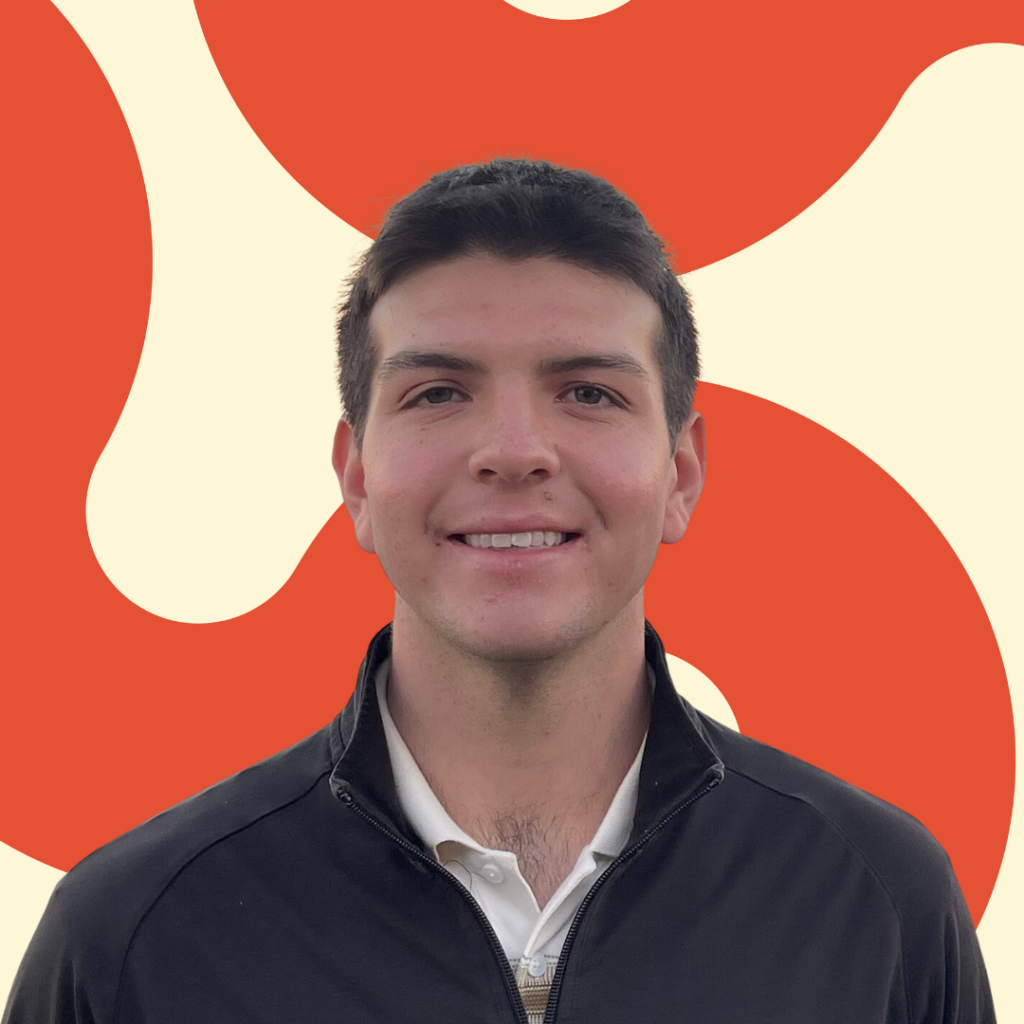
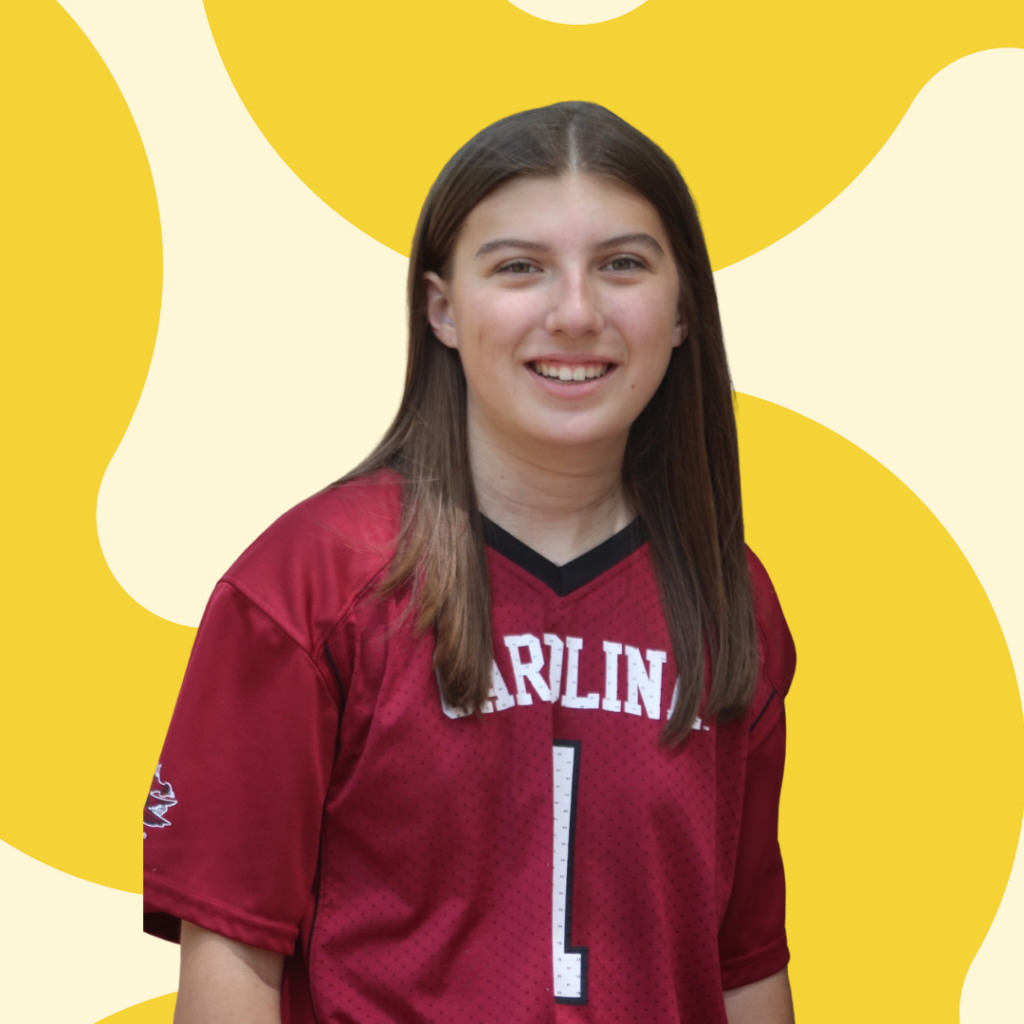


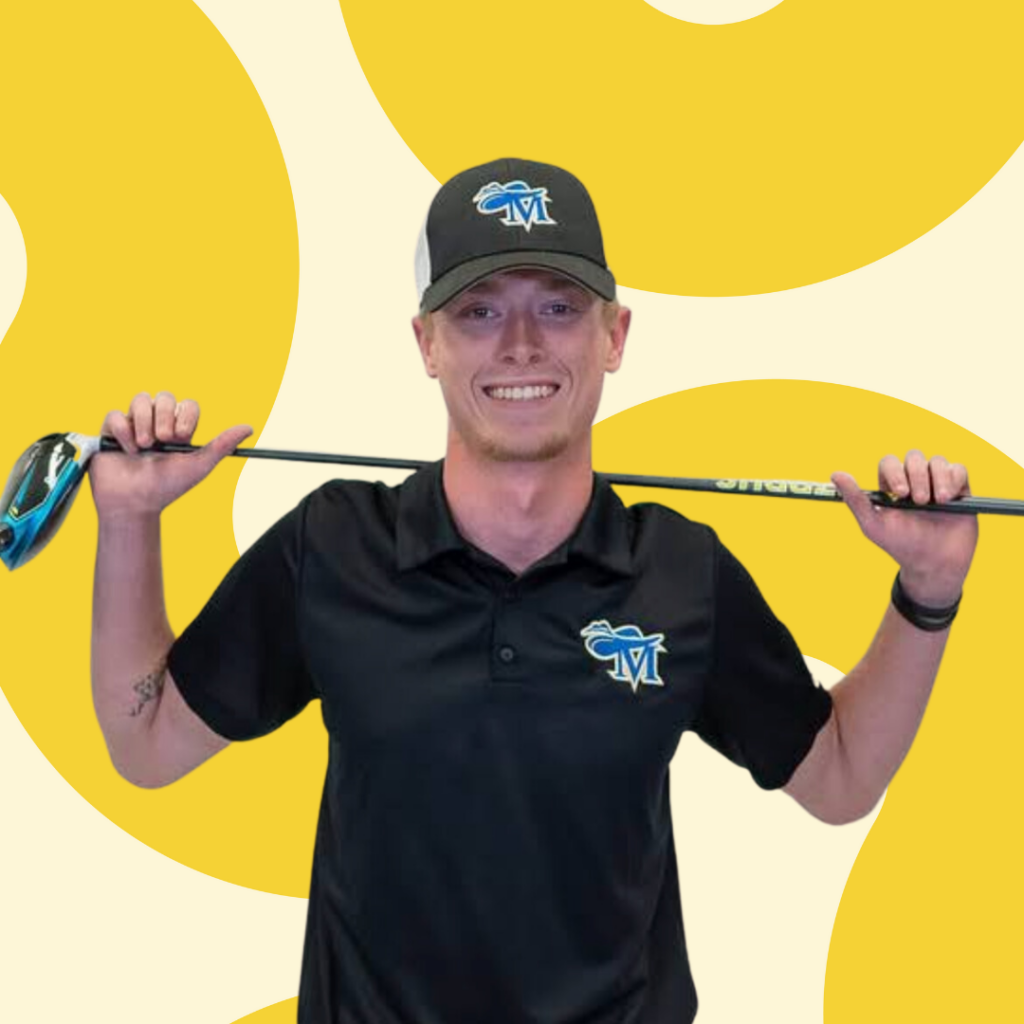

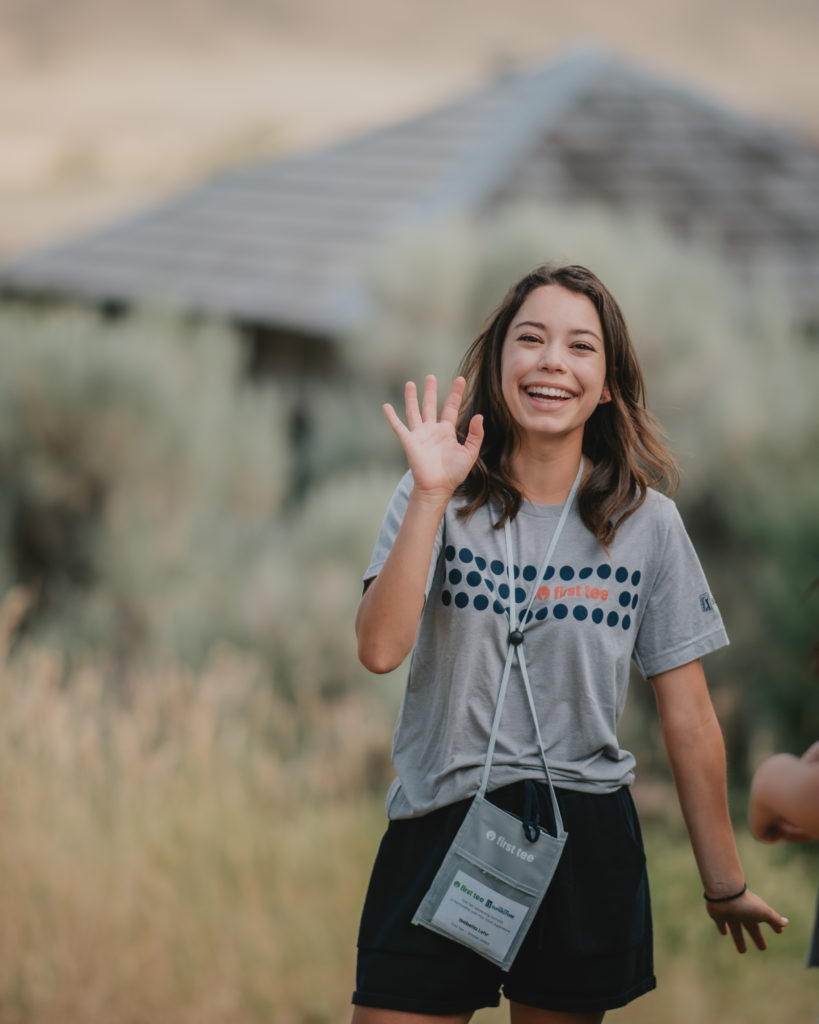

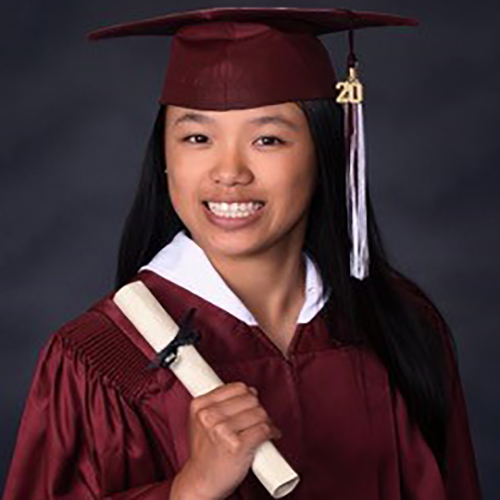
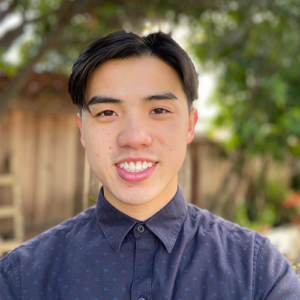 1. Why is mentorship important?
1. Why is mentorship important?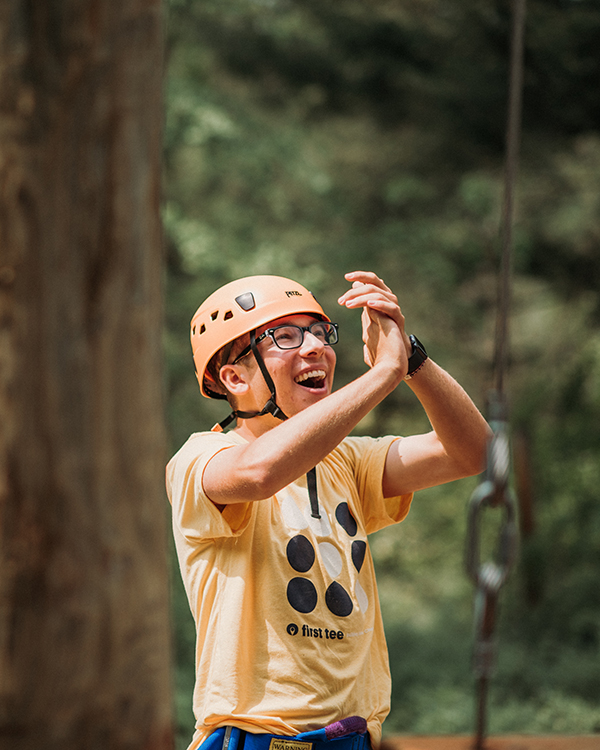 Benjamin Parris, First Tee – Denver
Benjamin Parris, First Tee – Denver
